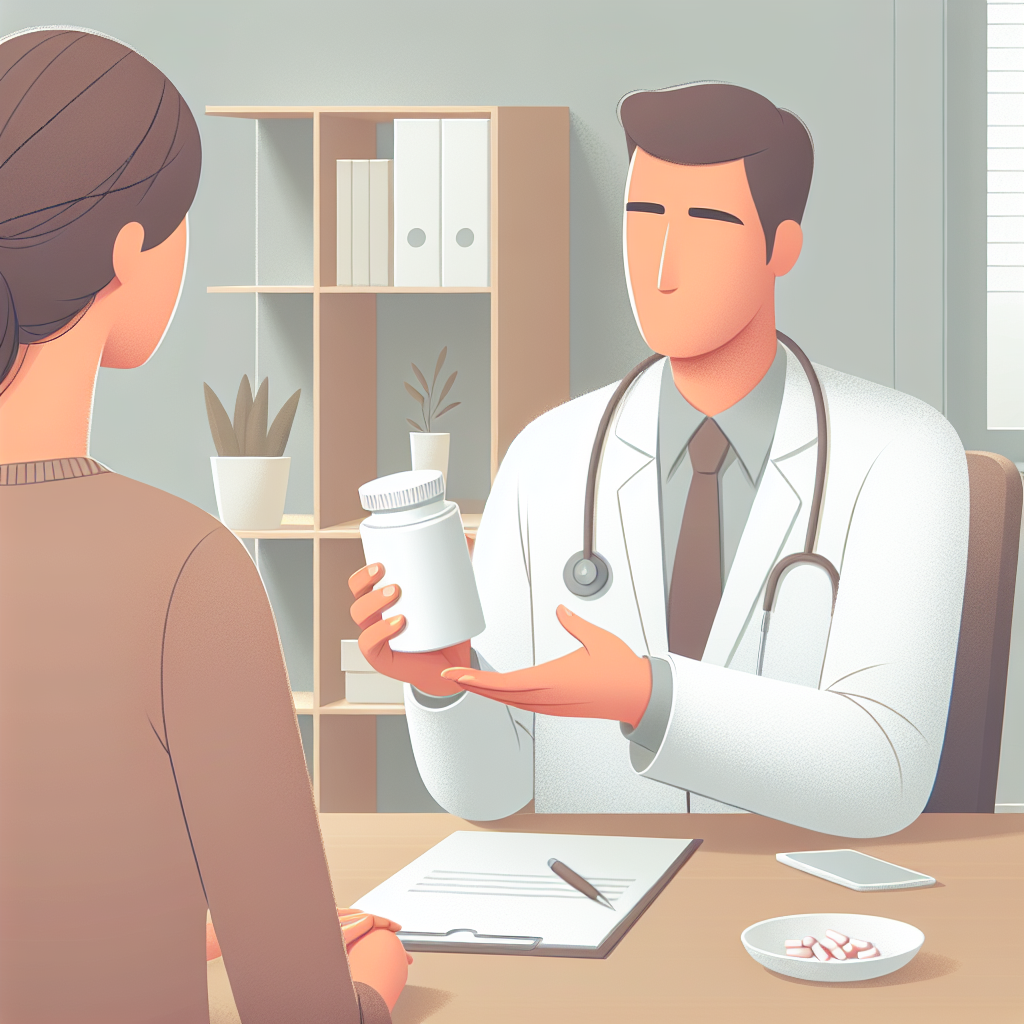If you’ve ever wondered what is zoloft generic and how it compares to the brand-name medication, this article explains the generic name, how it works, safety considerations, and common patient experiences. Many people ask straightforward medical and legal questions about this medicine, so we’ll walk through the essentials and point to reliable resources for further reading.
Generic name and what it does
The active ingredient in Zoloft is sertraline, which is the generic form most pharmacies dispense once brand patents expire. This close variant — the generic called sertraline — is identical in active compound to the brand medication and is prescribed for depression, anxiety disorders, OCD, panic disorder, and PTSD. Clinically, sertraline works by affecting serotonin levels in the brain, and many providers consider it a first-line selective serotonin reuptake inhibitor (SSRI).
How sertraline works and common uses
Patients often ask, is sertraline an ssri — yes, it belongs to the SSRI family. SSRIs increase serotonin availability at synapses, which can improve mood and reduce anxiety over several weeks. Typical uses include:
- Treatment of major depressive disorder
- Management of generalized anxiety and social anxiety
- Reduction of panic attacks and obsessive-compulsive symptoms
- Adjunctive care for PTSD in some patients
Safety, legal status, and controlled substance questions
Many readers wonder about legal and addiction-related classifications. Questions such as is zoloft a controlled medication, is zoloft a narcotic, and sertraline controlled substance are common. The short answer: sertraline is not classified as a controlled substance or a narcotic; it does not have the abuse potential associated with benzodiazepines or opioid medications. To be explicit, is zoloft a ssri is true, and that pharmacological classification is distinct from controlled-substance scheduling. Likewise, is zoloft a narcotic is false — it is not an opioid. If you have concerns about dependence or withdrawal, discuss them with your prescriber, since antidepressant discontinuation effects can occur.
Interactions and contraindications
Before starting sertraline, prescribers screen for interactions. One critical concern is monoamine oxidase inhibitor (MAOI) interaction: patients should not take sertraline with an MAOI or start an MAOI too soon after stopping sertraline. People commonly ask is zoloft an maoi or is zoloft an maoi inhibitor — sertraline is neither an MAOI nor an MAOI inhibitor; instead, it interacts dangerously with MAOIs, so appropriate washout periods are required.
Side effects and what patients report
Side effects vary. Common ones include nausea, sleep changes, sexual side effects, and sometimes transient anxiety at treatment start. Searching for zoloft reviews will reveal a range of patient-reported experiences: many people report meaningful symptom improvement, while others describe bothersome side effects that led them to switch medications. Discuss risks versus benefits with your clinician, and give most antidepressants several weeks to show effect.
Alternatives and complementary strategies
If you’re exploring non-benzodiazepine options for anxiety or looking beyond medications, it’s reasonable to research other therapies. Some people combine psychotherapy (CBT), exercise, sleep hygiene, and sometimes non-addictive medications to manage symptoms. For those specifically interested in alternatives to benzodiazepines like Xanax, you may find useful information on non-prescription options and safer approaches in resources about over-the-counter Xanax alternatives; see this guide on over-the-counter Xanax alternatives and what you need to know for context about complementary choices and safety considerations.
For authoritative background on antidepressants, mechanisms, and clinical guidance, refer to expert resources such as the National Institute of Mental Health’s overview of mental health medications: NIMH guide to mental health medications.
Practical tips for patients
- Keep an open conversation with your prescriber about side effects and expectations.
- Do not stop sertraline abruptly; consult your clinician about tapering to avoid discontinuation symptoms.
- Inform providers of all other medications to avoid dangerous interactions, especially with MAOIs.
Frequently asked questions
Q: Is sertraline an ssri and how soon will it help?
A: Yes, sertraline is an SSRI. Some people notice improvement within 1–2 weeks, but full benefit often takes 4–8 weeks.
Q: Is zoloft a controlled medication or a narcotic?
A: No, Zoloft (sertraline) is not a controlled medication and is not a narcotic. It is not scheduled like benzodiazepines or opioids, though stopping it suddenly can cause withdrawal-like symptoms.
Q: Can sertraline be taken with MAOIs?
A: No. Sertraline should not be combined with MAOIs, and switching between an SSRI and an MAOI requires an appropriate washout period to reduce the risk of serotonin syndrome.






